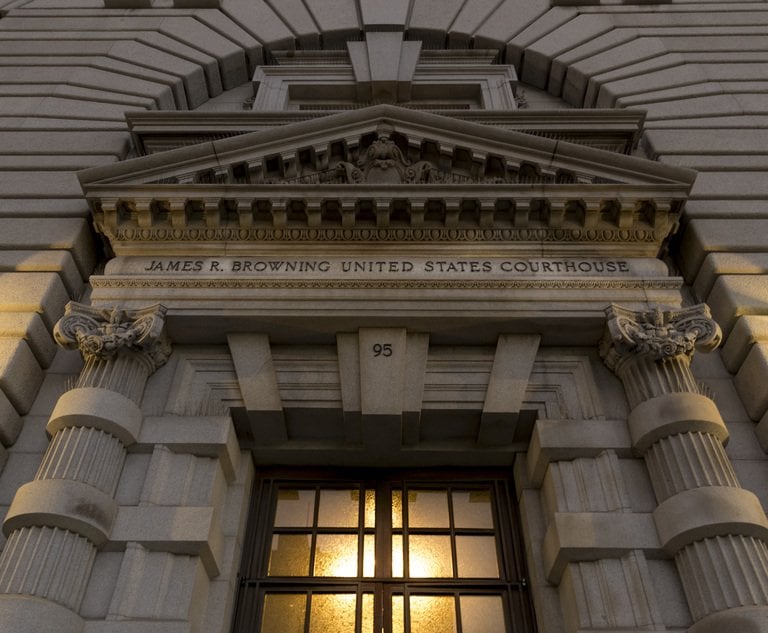In an appeal involving the FBI cracking an anonymous web browser and prosecuting child porn viewers in different states, an appellate court deemed evidence gathered via a controversial computer search warrant violated the Fourth Amendment but was still admissible on a good-faith exception.
Appellant Bryan Gilbert Henderson, a California resident, challenged a California district court’s denial of his motion to suppress evidence gathered through a Network Investigative Technique warrant issued by a Virginia magistrate judge. Henderson argued that the judge issuing the warrant, which allowed the FBI to search computers logged into the child porn site Playpen via the anonymous Tor browser regardless of location, violated territorial scope set by the Federal Rules of Criminal Procedure, a position with which the four-judge U.S. Court of Appeals for the Ninth Circuit panel agreed.
This content has been archived. It is available through our partners, LexisNexis® and Bloomberg Law.
To view this content, please continue to their sites.
Not a Lexis Subscriber?
Subscribe Now
Not a Bloomberg Law Subscriber?
Subscribe Now
LexisNexis® and Bloomberg Law are third party online distributors of the broad collection of current and archived versions of ALM's legal news publications. LexisNexis® and Bloomberg Law customers are able to access and use ALM's content, including content from the National Law Journal, The American Lawyer, Legaltech News, The New York Law Journal, and Corporate Counsel, as well as other sources of legal information.
For questions call 1-877-256-2472 or contact us at [email protected]


 Credit: Halfpoint/Shutterstock.com.
Credit: Halfpoint/Shutterstock.com.





